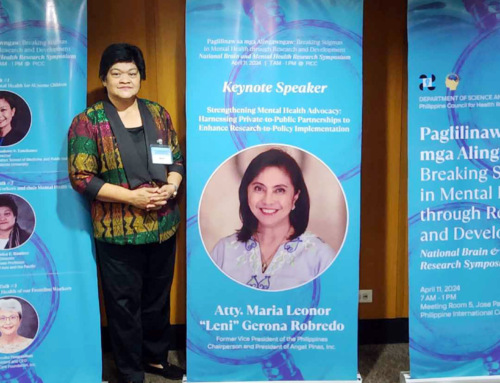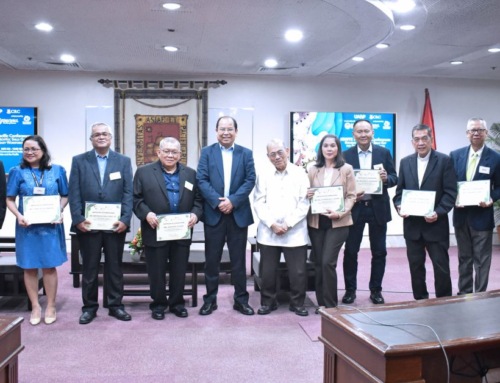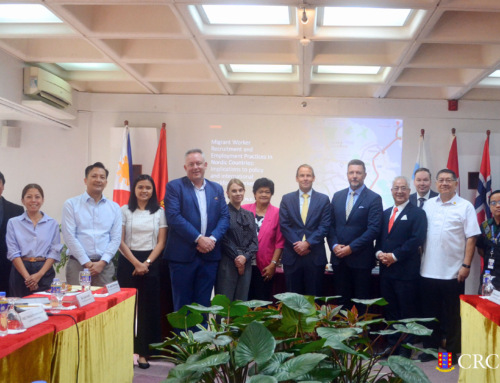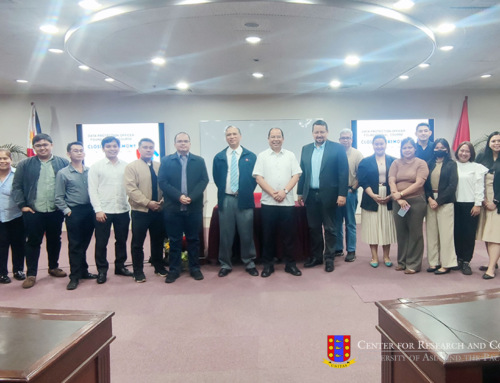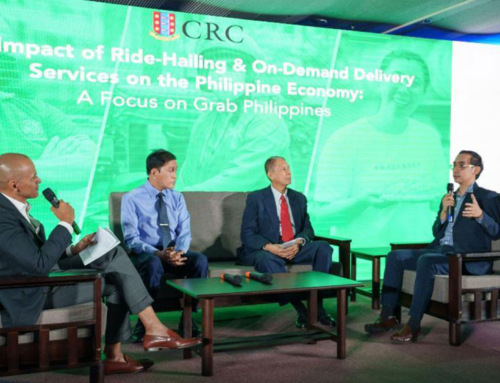Who knew that aside from the new normal, the pandemic would also give rise to numerous new trends and even hobbies? Take home gardening, for example. With everyone being cooped up inside their respective homes, Filipinos turned to something that would make their stay worthwhile, and voila! Caring for plants has become a trend. The word “Plantito” or “Plantita” is actually a portmanteau of plants and tito or tita (uncle or aunt respectively) which pertains to someone who is similar to a plant dad or mom; someone who cares for and loves plants.
Now aside from new pastimes, also come challenges – both globally and locally with the various happenings such as the war between Ukraine and Russia which is set to affect countries all over the world. According to former Agriculture Secretary William D. Dar in an article from businessmirror.com, “THE food crisis is now felt in the Philippines as prices of goods continue to soar, driven by global economic challenges caused by the Covid-19 pandemic and the ongoing Ukraine-Russia war.”
Despite this turnout, economist Dr. Bernardo Villegas shares in his article, “Calling All Plantitos and Plantitas (Part 1),” the idea that plantitos and plantitas can help the impending food crises in the country. He explains, “As a “plantito” myself, I recommend that the thousands of amateur gardeners who turned to growing vegetables, flowers, and decorative plants during the pandemic should all now focus on growing edible plants (especially vegetables) to add to the national supply both for self-consumption and for sale in the market.” Once plantitos and plantitas can sustain growing their own fruits, this can be part of a long-term solution that will help the Philippines in terms of food security.
And foreign direct investors, with the help of CRC, can tap this emerging market in the Philippines. One concrete example is by honing what Dr. Villegas calls as “master gardeners,” who can be taught a Master Gardener Basic Training program. This refers to a “skills training program (non-degree) which include topics such as botany, plant propagation, soil health and fertilizer management, composting, controlling pests safely, entomology, plant diseases, indoor plants, vegetables, lawn care, pruning, woody ornamentals, herbaceous plants, native plants, weeds and invasives.” When applied to the Philippine setting, the classes “can be part of the reskilling, upskilling and retooling programs that are taking the place of degree programs in the Philippine educational system.” This will not only answer the food crisis but also the high level of unemployment. Another opportunity is by partnering with the private sector on gardening and livelihood programs similar to what the SM Foundation has done by partnering with Harbest Agribusiness Corporation on the Kabalikat sa Kabuhayan (KSK) program.
Being the leading research and consultancy services firm in the Philippines, CRC’s expertise on Food and Agribusiness, as well as its diverse portfolio of successful partnerships with LGUs serve as testament to its long-standing reputation. In addition, CRC will ensure that you get a customized package and service offerings that will help address your specific needs and goals.To learn more about CRC and its offerings, reach out to +639054280727 or email [email protected].
Sources:
- Villegas, Bernardo M. “Calling All Plantitos and Plantitas (Part 1)”, 09 August2022: https://www.bernardovillegas.org/index.php?go=/articles/1242/
———————————————————–———————————————————–
The Center for Research Communication (CRC) is the research and consultancy link to Philippine business opportunities, uniquely poised to help you with business feasibility evaluation, demand and supply analysis, partnership development, project impact evaluation, value chain analysis, customized solutions for design thinking, data analytics and insights generation, and development of business strategies, and consultancy services for investors in Philippine market.
To find out more about CRC, send an email to [email protected], or follow us on LinkedIn. You can also find us on Facebook.

